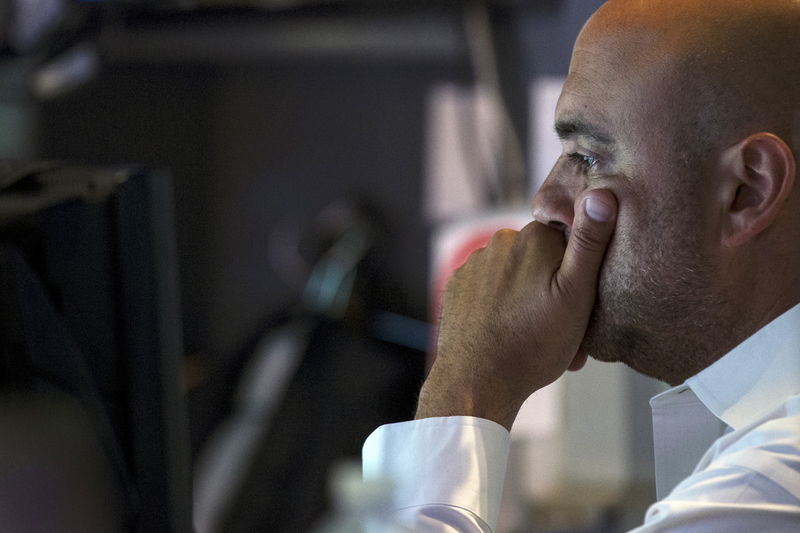Quiver Quantitative - U.S. stock indexes fell on Thursday, with a plunge in Salesforce (CRM) dragging on the Dow (DIA), while data showing the economy grew slower than previously expected in the first quarter supported bets of interest-rate cuts from the Federal Reserve this year. Salesforce was the biggest weight on the Dow, nosediving 20% after it forecast second-quarter profit and revenue below Street estimates due to weak client spending on its cloud and enterprise business products. U.S. gross domestic product growth for the first quarter was lowered to 1.3%, versus a previously estimated 1.6% expansion, primarily due to downward revisions to consumer spending, the Commerce Department reported.
Ahead of Friday's personal consumption expenditure report for April - the Fed's preferred inflation gauge - first-quarter growth in the core Personal Consumption Expenditures Price Index was revised down to 3.6% from 3.7%. Weekly jobless claims also rose more than expected. U.S. Treasury yields dipped following the report, while chances for at least a 25-basis-point interest rate reduction in September edged up to nearly 52%, from 48.7% before the data, according to the CME (CME) Group's FedWatch Tool.
Market Overview:
- U.S. stock indexes fell, with Salesforce dragging on the Dow.
- U.S. GDP growth for Q1 was revised down to 1.3%.
- Treasury yields dipped as bets on Fed rate cuts increased.
- Salesforce forecasted weak Q2 profit and revenue, leading to a 20% drop in shares.
- The core PCE Price Index growth for Q1 was revised down to 3.6%.
- Weekly jobless claims rose more than expected, influencing rate cut expectations.
- Traders await comments from Fed Presidents John Williams and Lorie Logan.
- The focus is on the upcoming personal consumption expenditure report for April.
- Potential interest rate reductions by the Fed could impact market stability.
"Less economic growth isn't necessarily all that negative because we're still in a growth pattern, and the good news is that inflation measured by the PCE was revised down... that will help alleviate pressures in the bond market and could cause stocks to stabilize," said Peter Cardillo, chief market economist at Spartan Capital Securities. Uncertainty over monetary policy, combined with heavy new Treasury issuance, has pushed bond yields higher and pressured stocks.
Tesla (NASDAQ:TSLA) gained 2.7% after Reuters reported the company was preparing to register its 'Full Self-Driving' software in China. Retailer American Eagle Outfitters (NYSE:AEO) (AEO) dropped 6.5%, posting downbeat quarterly revenue as sticky inflation hurt demand for its apparel and accessories, often sold full price. Department-store chain Kohl's (KSS) slumped 25.2% after cutting its annual sales and profit forecasts. Best Buy (NYSE:BBY) and HP were the top S&P 500 (SPY (NYSE:SPY)) gainers. Best Buy (BBY) jumped 11.7% after beating forecasts for quarterly profit and predicting higher laptop sales, while HP (HPQ) gained 12.4% after it posted better-than-expected second-quarter revenue.
This article was originally published on Quiver Quantitative
